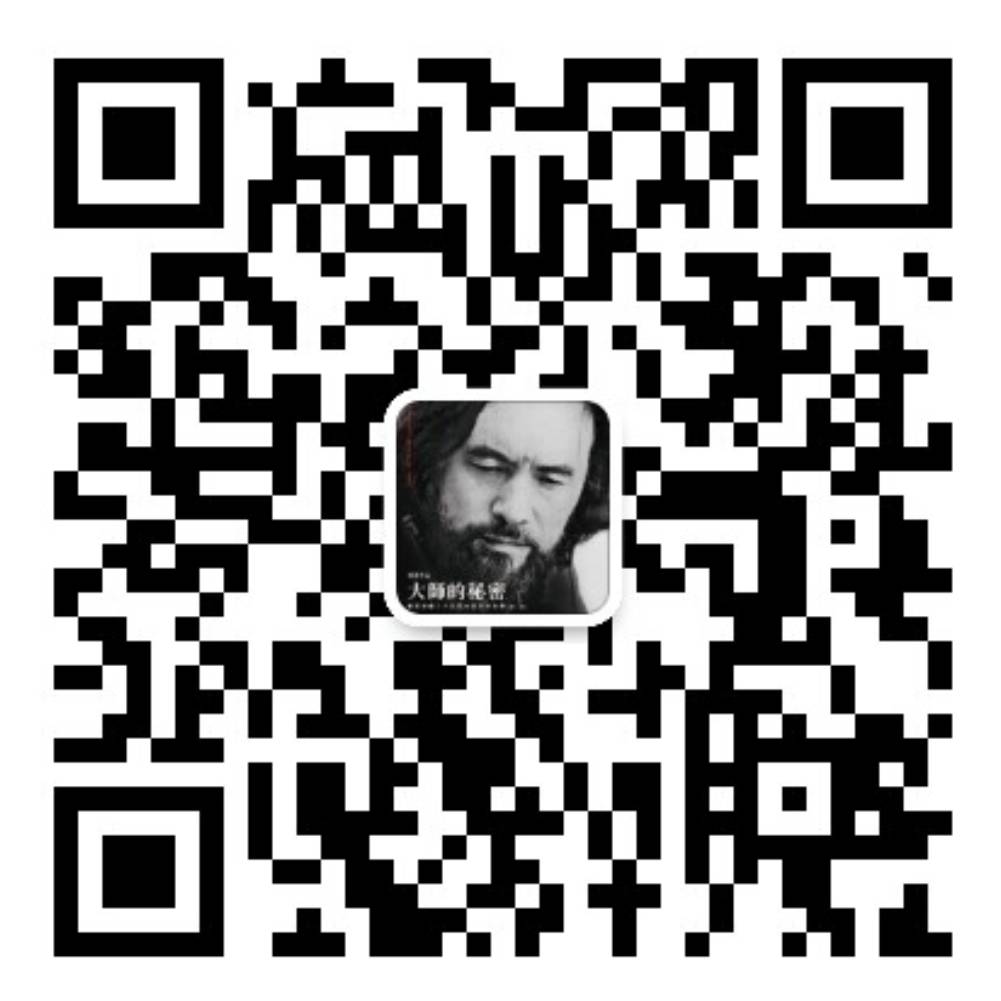$8.00
Price is in Chinese currency(CNY)
《猎原》是雪漠“大漠三部曲”系列之一。小说围绕大漠中的一口井铺展开。这一口珍贵的“猪肚井”,是这一带沟南沟北两大阵营牧人和羊群活命的源泉。水充足,人和睦;水干枯,相屠戮。如今“水线已到百米以下”,这便成为贯穿全书你死我活的一脉伏线。但笔墨的重点,在写“环保”与“偷猎”之争。有羊便有狼群,有狼便有猎人。而狼若绝迹,鼠便成灾。鼠灭草原,沙压良田,祸根在人,人破坏了大自然的生物链。于是,狼、狐、鹰、鹿等等,成为国家保护动物;违禁偷猎者,就是罪犯。情节主线,便沿着缉捕偷猎罪犯的事件进展。
前言:
那个叫猪肚井的所在,就是一个小小的世界,虽然有着西部的外表,反映出的,却是整个人类。每一个走进猪肚井的人,都怀揣着一个梦,这个梦很简单,就是能摆脱贫穷,但最终,所有人的梦都归于破灭,每个人都被自已的贪婪和愚昧所吞噬,一败涂地。为什么?因为,人类的心灵,就像一个巨大的猎原,虽然看不见,但里面时刻上演着神性和兽性的争斗。人是欲望的猎物。正如我在《猎原》题记中说:“在心灵的猎原上,你我都是猎物。”——雪漠
内容简介
雪漠在《猎原》序言中以苍凉遒劲的笔触,为读者打开了西部荒漠深处那方名为“猎原”的残酷舞台。开篇即以独特视角,借荒原狼群冷峻的注视,揭示了这片土地亘古不变的生存法则——弱肉强食。作者深刻地将整个天地喻为“大猎原”,万物皆在猎与被猎的链条中挣扎求生。当外部风暴席卷而来时,每个人的心都会随风而动,有彷徨,有挣扎,有焦虑,有疼痛,当然也有希望,有觉醒,更有一种决裂和释然。其人性的高贵与卑劣,灵魂的伟大与渺小,生命的庄严与琐屑,在抢夺草场时一览无遗。
故事核心
推荐阅读
如果你愿意沉下心来,跟随雪漠的笔触深入那片苍茫大漠,感受那份生存的沉重、人性的复杂以及生态的悲鸣,《猎原》会是一部极具冲击力和思想深度的阅读体验。它更像一面镜子,映照出我们与自然关系的困境和人类自身的局限。
| Weight | 1.25 kg |
|---|---|
| Dimensions | 25 × 27 × 4 cm |
Power up your life
— Read Xuemo.

XueMo's WeChat

WeChat Public Account

9.00 - 18.00
Reviews
There are no reviews yet.